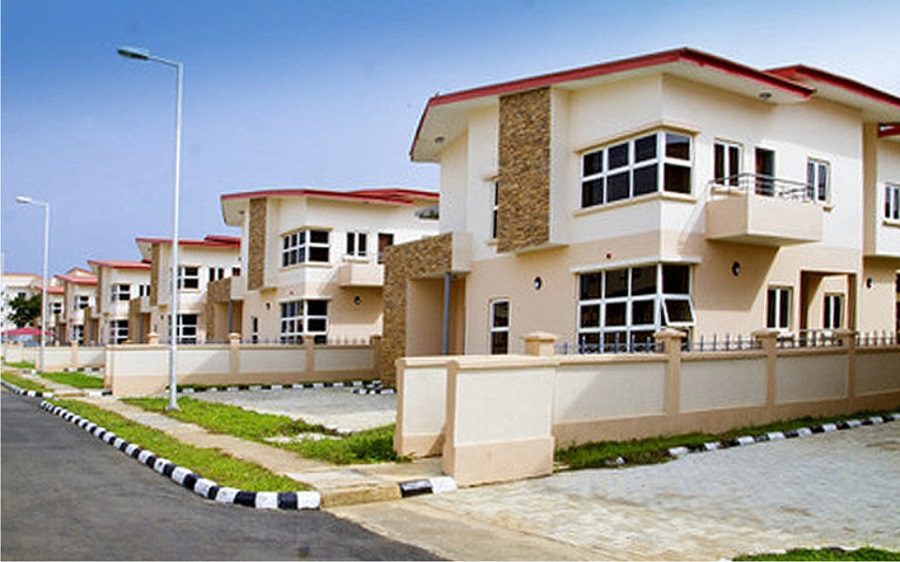
2024 Lagos Real Estate Market Outlook
By Esther Agbo
Lagos is no doubt one of the bustling commercial states in Nigeria and it stands as a beacon of opportunity for real estate investors. Its dynamic market is deeply entwined with the broader economic and political landscape of Nigeria, a nation characterised by its oil wealth, economic volatility, and evolving policies. As we navigate through 2024, the Lagos real estate sector presents a compelling mix of promise and challenge.
Nigeria’s economy has seen its fair share of ups and downs. While oil remains a significant contributor, it’s not the sole driver. Lagos, with its diversified economy encompassing finance, services, and tourism, offers a unique stability. Despite facing hurdles like inflation and currency devaluation, the city continues to attract substantial investments, buoyed by its status as a major financial center in Africa.
Lagos’s real estate market has demonstrated remarkable resilience. From the luxury enclaves of Ikoyi and Victoria Island to more affordable neighborhoods, the city caters to a broad spectrum of housing needs.
However, a pronounced gap exists between supply and demand. The rapid urbanization of Lagos has exacerbated a housing deficit, pushing property prices upward. Efforts by successive governments to bridge this gap have met with mixed results, although recent initiatives aim to make housing more accessible for lower-income residents.
Significant infrastructural projects, such as the Lekki-Epe Expressway, have spurred real estate development, boosting property values in newly accessible areas.
Concurrently, regulatory reforms are making strides towards a more transparent market. Enhanced property documentation and efficient land registration systems are part of this drive, aiming to reduce fraud and streamline transactions.
For investors, Lagos remains a hotspot. High-end areas like Ikoyi and Lekki continue to draw interest, while emerging neighborhoods offer new opportunities. The city’s rapid growth and economic diversity promise high returns.
However, navigating the complex legal and regulatory landscape can be daunting. Foreign investors, in particular, should seek local legal counsel to ensure compliance and gain deeper market insights.
Looking ahead, Lagos’s real estate market is set to benefit from ongoing and planned infrastructure projects. Road expansions, bridge constructions, and improved public transportation are expected to enhance accessibility, making new areas ripe for development. Additionally, efforts to bolster essential services like power supply will further boost the city’s livability and attractiveness.
Investors must tread carefully. Political instability, shifting economic policies, and legal complexities pose significant risks. Environmental challenges, including coastal erosion and flooding, particularly in low-lying areas, are also critical concerns.
The forecast for Lagos’s real estate market in 2024 is cautiously optimistic. While the city’s rapid urbanization and economic diversification provide a solid foundation for growth, the inherent risks cannot be overlooked. Potential downturns could see a decline in property demand and values, and liquidity issues may arise during economic slumps.
Ultimately, Lagos offers substantial opportunities for savvy investors willing to navigate its complexities. With informed strategies and a keen eye on evolving market dynamics, the real estate sector in this vibrant city can yield significant rewards.
For those looking to invest in Lagos, the key lies in balancing optimism with caution, leveraging local expertise, and staying abreast of policy changes and infrastructural developments.
As Lagos continues to evolve, so too will its real estate market, promising a landscape rich with potential for those ready to embrace its challenges and opportunities.




